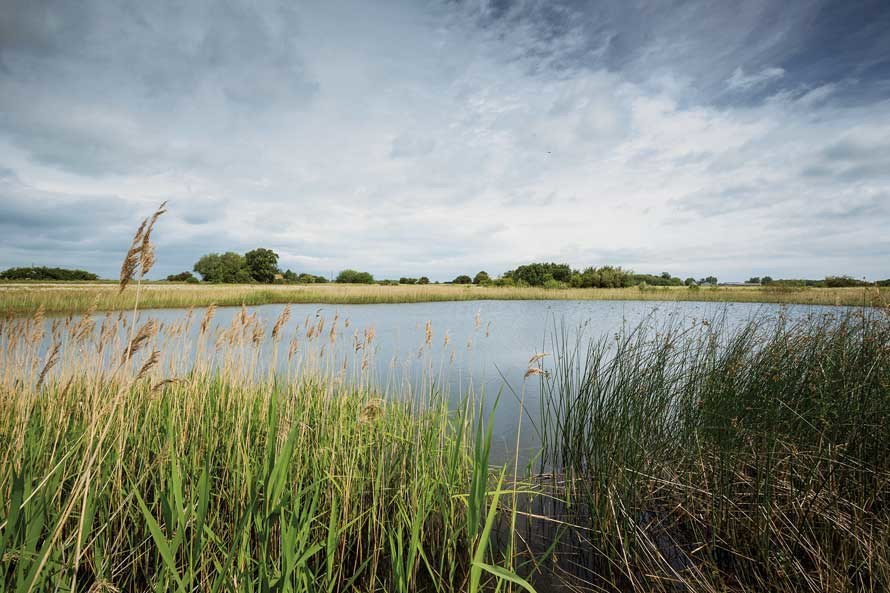
News
Business
Environment
Cargill commits to restoring 600 billion liters of water by 2030
Company also sets targets to reduce five million kilograms of pollutants, improve access to safe drinking water and implement Water Stewardship program at facilities.
August 4, 2020 By Drainage Contractor
 Company also sets targets to reduce five million kilograms of pollutants, improve access to safe drinking water and implement Water Stewardship program at facilities
Company also sets targets to reduce five million kilograms of pollutants, improve access to safe drinking water and implement Water Stewardship program at facilities Cargill set new global water targets to achieve sustainable water management in its operations and all priority watersheds by 2030.
Cargill is the Minneapolis-based agribusiness that processes beef, poultry, malt and oilseed, among other ventures such as the manufacturing of livestock feed.
To achieve its water targets and improve access to clean water, the company says it will:
- Restore 600 billion liters of water in priority watersheds;
- Reduce five million kilograms (kg) of water pollutants in priority watersheds;
- Improve access to safe drinking water in 25 priority watersheds; and
- Implement a Water Stewardship program at 81 priority facilities.
Supporting regenerative agriculture
Cargill will also support the adoption of regenerative agriculture practices to improve soil health, restore water and reduce nutrient runoff.
With approximately 70 per cent of the world’s freshwater being used for agriculture, enhancing soil health has many interrelated benefits. The benefits include reducing greenhouse gas emissions, improving water quality, increasing drought resilience, enhancing farmer prosperity and helping to feed a growing global population.
Cargill will collaborate with Ohio State University Water Quality Extension Associates to engage farmers in implementing regenerative agriculture practices focused on soil health and nutrient management. Cargill will also support the formation of a Water Quality Research Consortium to promote applied interdisciplinary on farm research across the state, parts of which have been affected by harmful algal blooms.
Through this new partnership, the company will help connect farmers in northwest Ohio to funding resources such as H2Ohio, the state’s water quality plan, for conservation practices, and provide access to cutting edge nutrient application and remote sensing equipment and technology. By adopting these practices, farmers will not only improve the productivity of their operations and the health of their soil, but also improve water quality through reduced nutrient loss and help reduce the algal blooms that impact Lake Erie and inland drinking water sources.
Through this new partnership, the company will help connect farmers in northwest Ohio to funding resources such as H2Ohio, the state’s water quality plan, for conservation practices, and provide access to cutting edge nutrient application and remote sensing equipment and technology.
Additionally, Cargill joined forces with the Iowa Soybean Association and Quantified Ventures to launch a collaborative, market-based program to improve soil health, carbon storage and water quality on nearly 9,500 acres in Iowa. In 2020, according to Cargill, the fund will achieve an estimated 170,000 pounds of nitrogen reductions and 14,250 pounds of phosphorus reductions in water. The program aims to scale this up to 100,000 acres next year.
“Agriculture is how we’ll get this done,” said Dave MacLennan, Cargill’s chairman and CEO, in the media release. “When we invest in regenerative agriculture programs that enhance soil health and reduce greenhouse gas emissions, we also improve water quality, increase drought resilience and improve access to clean water. By working across the industry and sharing best practices, we can protect the world’s freshwater resources and help create a resilient, equitable economy with enough clean water for all.”
Print this page